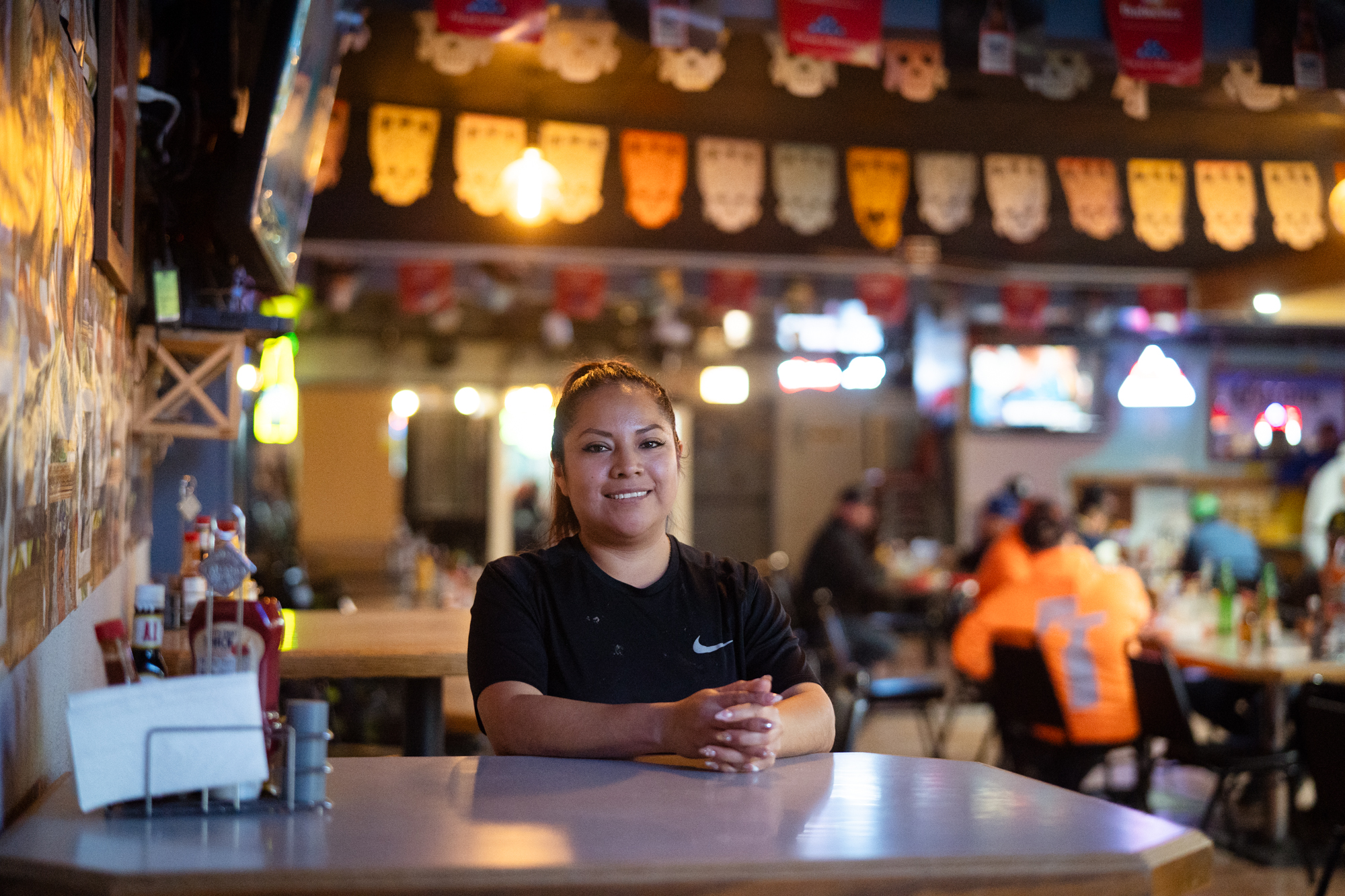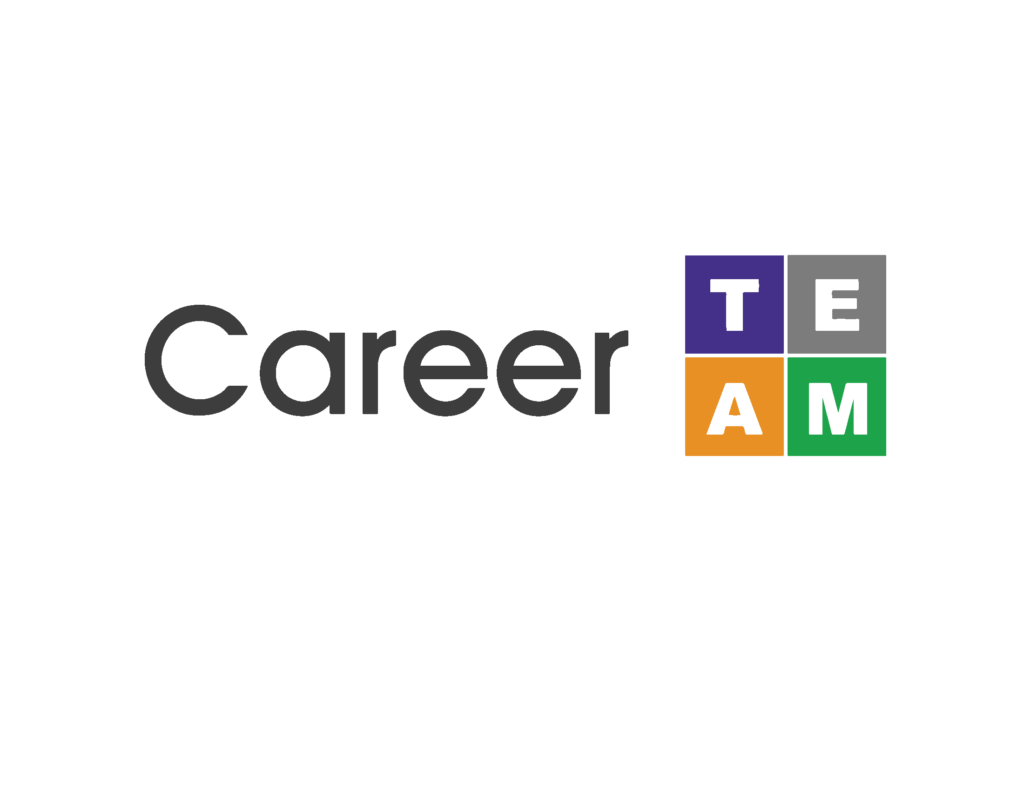The Community Reinvestment Program (CRP) is a statewide effort designed to strengthen the workforce and economic development across Washington, with a specific priority on Black, Latine, and Tribal communities. Local workforce boards are working to implement key components of this program, including direct financial support to participants, support to help small businesses grow and thrive, and Matched Investment Savings Accounts (MISAs) that help individuals build financial security. These efforts are designed to create meaningful pathways to economic stability and self-sufficiency for those most in need.
This report highlights progress made in Career Accelerator Incentives, Business Support, and the MISA program, showcasing the collective impact of CRP efforts by local workforce boards across Washington.
Statewide Summary
Report Period: December 2023 – September 2024.
The launch of CRP funds is serving as a catalyst for major changes across Washington’s workforce system. Local workforce boards are partnering with trusted community organizations to better connect with smaller, minority-owned businesses in innovative ways. These partnerships have led to substantial investments that support business growth and job creation. The inclusion of CRP funded services has significantly increased the capacity of local workforce boards to serve these communities. Taking the Economic Security for All (EcSA) initiative as one example – Prior to the launch of CRP funds, 27% of customers served were from Black, Latine, and Tribal communities. In the first nine months, that number has increased to 51%, marking significant progress in reaching and supporting these communities and advancing equity.
Career Accelerator Incentives
Local workforce boards are helping participants overcome financial barriers by providing direct support through Career Accelerator Incentives. These payments are designed to reduce immediate financial stress to allow participants to focus on building skills, completing training, and finding stable jobs. Participants have used this support to pay for essentials like rent, school costs, and daily living expenses, helping them move closer to financial stability.
Over 2,000 people across Washington have received these payments, with $7.3 million distributed statewide. The majority of those served are from Black, Latine, and Tribal communities. In some areas, the impact is even greater—83% of participants served in South Central and 93% in Seattle-King County represent these communities.
These payments not only ease financial struggles but also help participants stay connected with their case managers, improving outcomes and setting them up for long-term success.
Business Support
The Business Support Initiative focuses on helping small businesses, particularly those owned by Black, Latine, and Tribal community members. Local workforce boards connect businesses with resources such as grants, technical assistance, and training opportunities. This includes support for hiring and training employees through on-the-job training programs and internships. Additionally, workforce boards are reaching businesses that have not previously engaged with the workforce system, building stronger connections and creating pathways for sustainable growth and opportunity.
Statewide, more than 4,400 businesses have been supported. Over 300 businesses received direct funding through grants and training, helping them grow their business. Areas like Benton-Franklin, Spokane, Snohomish, Seattle-King County, Tacoma/Pierce County, Southwest Washington, and Olympic Workforce Development Council directed 100% of their business support funding to Black, Latine, and Tribal communities.
So far, $2.5 million has been invested directly into local businesses, giving them the tools they need to train employees, build resilience, and grow. These efforts are making a real difference by helping businesses build resilience and contribute to their local communities.
Matched Individual Savings Accounts (MISA)
The MISA program officially launched in October, and its roll-out is just getting underway. Local workforce boards have been working diligently to prepare, including partnering with banks, establishing processes, and training staff to ensure smooth implementation.
In North Central Washington, SkillSource has helped set up 42 accounts, with over $90,000 in matched deposits made. Participants are saving for goals like buying cars (33%), homeownership (31%), and furthering their education (10%). More than half of participants are from Hispanic, Black, and Tribal communities, highlighting a commitment to equity. Additionally, financial education and coaching classes are in progress, with 59 participants enrolled, supporting long-term financial empowerment and stability.
As the program begins, MISAs are expected to become a vital resource for helping participants build financial stability and advance their careers. Look for updates on the local impacts of this initiative in future reports.
Local Highlights
South Central Workforce Council: Turning Challenges into Triumphs

Trena and Zack Cloyd, both Tribal members and owners of The Bier Den, launched their business right when COVID-19 hit—a timing that turned out to be an incredible challenge. The shutdowns meant immediate struggles to stay open. For years, they worked hard to keep things going, facing more than a few moments where they questioned if it was time to close their small business. But they kept pushing through the struggles. Then Trena and Zack received funding through the Community Reinvestment Program, allowing them to purchase essential equipment that was otherwise out of reach. According to Trena, “This grant was a blessing that we truly needed! With the funds received, we can purchase much-needed equipment and supplies that we were not able to obtain. We are so honored to be given this opportunity and look forward to serving the Yakima Valley for years to come.” Since then, there have been many exciting things happening for The Bier Den. Trena was featured in Women in Business Magazine, a spotlight on all her hard work, as well as starting an exciting partnership with another local brewery. This collaboration has been great for business, bringing in more foot traffic and helping both breweries grow together. On top of it all, The Bier Den was recently named “Business of the Year” by the Chamber of Commerce—a huge honor for Trena and Zack. They’re grateful for the support and are excited to keep serving the Yakima Valley community for years to come.
WDC of Seattle-King County: Building a Path to Independence
Troy, a 20-year-old African American man who earned his GED in 2023, initially worked in a temporary minimum-wage security position and lived with his mother and brother. Referred to the CRP EcSA Career Accelerator program through the JumpStart Initiative, Troy has been receiving coordinated support from both programs to achieve self-sufficiency. Since enrolling, Troy has completed his first Financial Management class and is attending his second. He is actively seeking construction roles that offer training, with the goal of establishing a stable career. Utilizing his program stipends, he purchased a car, enabling him to attend job interviews and access broader employment opportunities. The stipends have also helped cover household expenses. Troy hopes to save enough for a down payment on an apartment once he secures permanent employment.
Spokane Workforce Council: Investing in Safe Spaces for Future Generations

Community Reinvestment in Action! The Spokane Workforce Council is dedicated to fostering workforce development for all residents, including our youngest ones. As part of the first round of the Business Investment Grants (BIG Opportunity), supported by the Washington State Department of Commerce’s Community Reinvestment Project, Just Imagine Child Care Center was awarded a $10,000 Business Investment Grant from the Spokane Workforce Council. This funding will help with much-needed repairs to their facility, ensuring that the center continues to provide a safe and nurturing environment for children.
Skillsource: Strengthening Community Through Small Business Support
Ramiro’s Bar and Restaurant has been a beloved establishment in Othello, WA since 2017. It’s a popular gathering place for locals, with the guarantee that there will always be fresh and authentic comida mexicana, lively conversation, and a friendly, welcoming atmosphere.
The owner, Ramiro Silva Pineda, takes immense pride in the five-star service and community engagement that his business offers Othello. His small business enhances local economic vitality by using local produce in their popular menu fare, and supports social vibrancy by being, as one patron described it “Othello’s living room.”
Ramiro’s Bar and Restaurant has needed essential upgrades. Thanks to a small business investment grant through the Washington State Department of Commerce, Ramiro purchased new energy-saving appliances. The new appliances not only help save water and money, but also ensure that Ramiro’s can serve their customers with the same high level of service on which the neighborhood has come to rely. “This grant enables us to make crucial improvements that enhance customer experience and increase operational efficiency. We are confident that these investments will contribute to our continued growth and success as a cornerstone of the local community.”
Congratulations to Ramiro’s Bar and Restaurant! Stop by and enjoy tacos deliciosos and more at 354 S 1st Ave, Othello, WA.

Benton-Franklin WDC: Support on the Path to Stability
Naim, a Syrian refugee, arrived in the United States in November 2023 with his family of six. Like many refugees, Naim faced significant challenges upon resettlement, including language barriers, cultural adjustment, and lack of local work experience, resulting in long-term unemployment.
He enrolled in State EcSA B1, and as part of his participation in the program, he was able to receive the community reinvestment financial career accelerator payments, along with case manager and program support. The case manager has observed several positive impacts of this program on Naim and his family. The financial stability provided by the monthly payments allowed Naim to focus on crucial integration activities, such as attending ESL classes and engaging in job search efforts. His English language skills have notably improved. The support has also enabled Naim to explore employment opportunities more thoroughly, and with the help of his case manager, is working toward CDL training once his English comprehension is better. His improved language skills, growing community connections, and increasing familiarity with local systems are helping Naim make strides toward self-sufficiency. The CRF payments have allowed Naim to overcome barriers and have allowed his family to have a stronger sense of security and support as they navigate their new environment and overcome the challenges they are facing.










